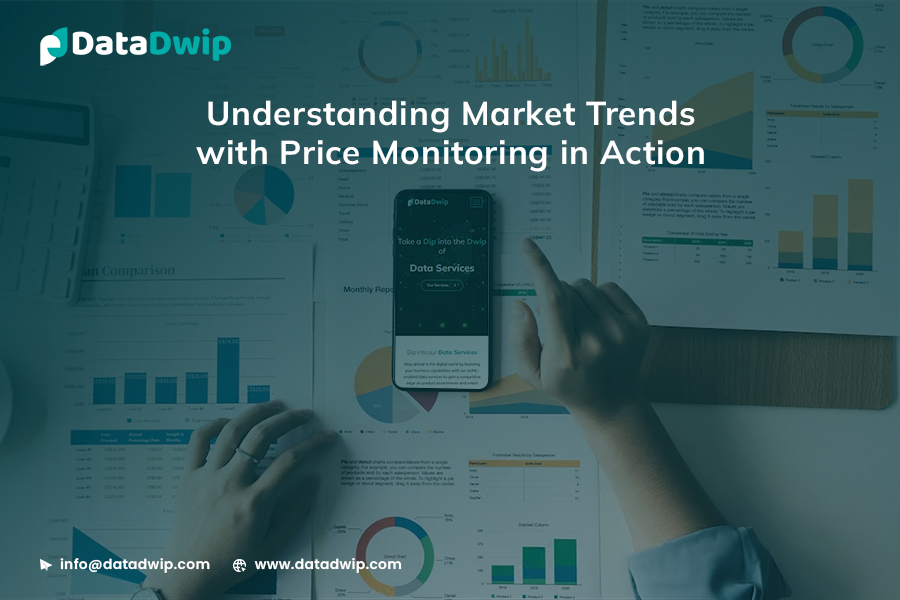In the competitive landscape of today’s marketplace, maintaining a healthy brand is essential for sustained success. Brand intelligence, powered by data-driven insights, provides the tools needed to monitor and enhance brand health effectively. This blog explores how businesses can utilize brand intelligence to navigate their brand’s health, ensuring that they not only survive but thrive.
What is Brand Intelligence?
Brand intelligence refers to the processes and technologies that gather and analyze data related to a brand’s performance, reputation, and competitors. It encompasses a variety of metrics, including customer perception, market position, and competitive analysis. The goal of brand intelligence is to provide actionable insights that help businesses strengthen their brand strategy and operational decisions.
Key Elements of Brand Intelligence:
- Customer Sentiment Analysis:
- Overview: Leveraging natural language processing (NLP) and sentiment analysis tools to gauge customer emotions and opinions about a brand across various digital platforms.
- Impact: Understanding customer sentiment helps brands adjust their messaging, address customer concerns proactively, and improve overall customer satisfaction.
- Competitive Benchmarking:
- Overview: Analyzing competitors’ strengths and weaknesses to identify not only where your brand stands but also opportunities for differentiation.
- Impact: Competitive benchmarking allows brands to refine their unique selling propositions and capitalize on gaps in the market.
- Brand Performance Tracking:
- Overview: Utilizing metrics such as brand awareness, market share, and customer loyalty to track performance over time.
- Impact: Regular monitoring ensures that brands can quickly respond to declines in key performance indicators, maintaining health and vitality.
- Social Media and Online Monitoring:
- Overview: Continuously scanning social media and online news to monitor mentions, trends, and potential crises related to the brand.
- Impact: Real-time data from these sources enables swift action to leverage opportunities or mitigate risks, protecting the brand’s reputation.
- Market Trend Analysis:
- Overview: Employing advanced analytics to identify and forecast trends affecting consumer behaviors and preferences.
- Impact: By staying ahead of market trends, brands can adapt their strategies to meet evolving customer needs and remain relevant.
Benefits of Data-Driven Brand Intelligence:
- Proactive Brand Management:
- Data-driven insights allow brands to anticipate changes and react promptly, whether adjusting marketing strategies or addressing emerging reputation issues.
- Enhanced Customer Engagement:
- With a deep understanding of customer sentiment and preferences, brands can tailor interactions and campaigns to better engage their audience.
- Strategic Decision Making:
- Armed with comprehensive analytics, decision-makers can plot courses of action with greater confidence, ensuring decisions are backed by solid data.
- Increased ROI on Marketing Efforts:
- By targeting areas that matter most to consumers, businesses can allocate resources more effectively, increasing the impact of their marketing investments.
Conclusion:
Navigating brand health in today’s complex environment requires a sophisticated approach. Brand intelligence, rooted in data-driven insights, provides a powerful toolkit for businesses aiming to maintain and enhance their market position. By understanding and applying these insights, companies can ensure their brand not only survives the challenges of the marketplace but thrives amidst them.
Elevate your brand’s health with our cutting-edge brand intelligence solutions. Contact us today to learn how our data-driven insights can transform your brand strategy and help you achieve sustainable success. Let’s empower your brand to reach its full potential!








